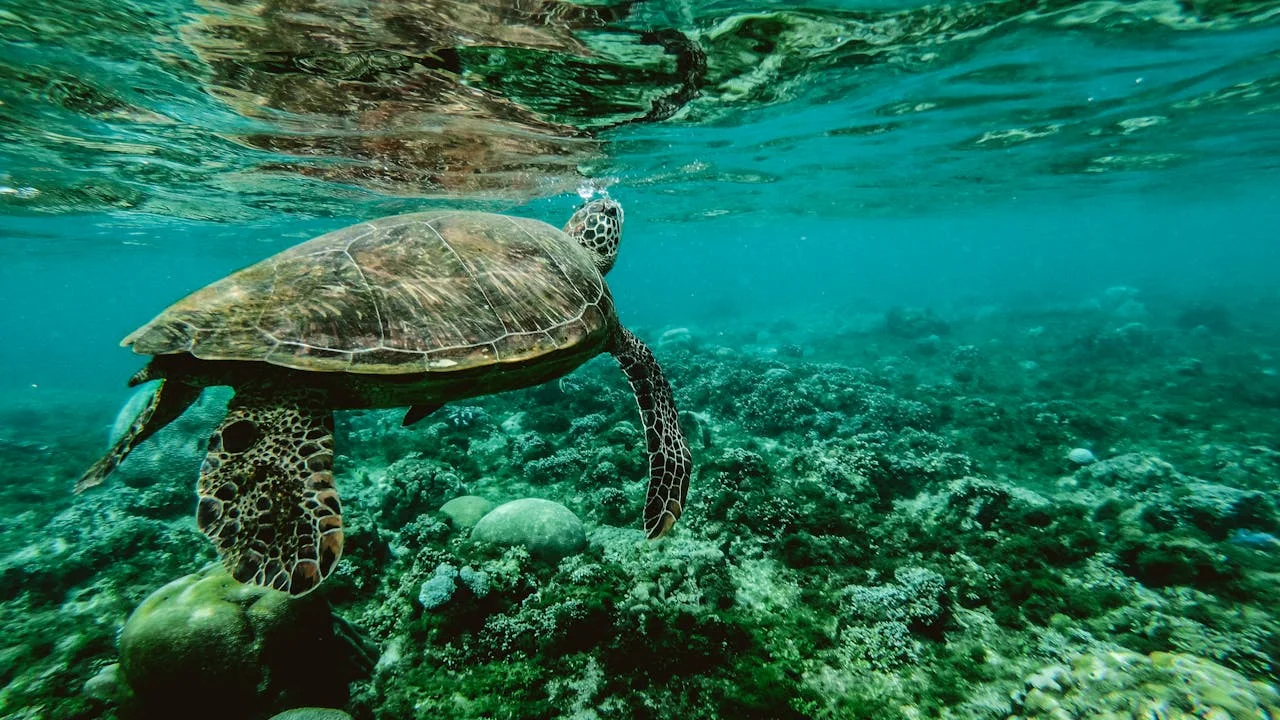
The ocean stands as an indispensable lifeline for all creatures on Earth. Yet, the relentless onslaught of climate change and human intervention has plunged oceanic health into a perilous decline, imperiling marine life at an unprecedented pace. Safeguarding our oceans is paramount for a sustainable future. Recognizing this urgency, Nestlé Purina PetCare Europe is proud to unveil its inaugural Ocean Restoration Program, aimed at combatting marine biodiversity loss in Europe.
In collaboration with esteemed organizations, Purina Europe pledges to restore 1,500 hectares of marine habitats by 2030, equivalent to approximately 3,700 football fields. These habitats serve as crucial sanctuaries for diverse species, including fish, integral to Purina’s supply chain. By utilizing fish by-products, Purina ensures minimal waste while crafting nutritious pet food.
Investing in the oceanic restoration endeavors of its partners across Europe, Purina endeavors to foster effectiveness and scalability. The program’s initial phase spanning three years prioritizes research development, establishing measurement frameworks, and refining conditions to streamline the expansion of restoration solutions. Phase two, slated for commencement in 2026, will concentrate on amplifying proven methodologies.
Dedicated partners such as the Seagrass Consortium, represented by the Sea Ranger Service, are spearheading efforts to cultivate seagrass meadows, pivotal in bolstering biodiversity and sequestering carbon. Oyster Heaven employs natural materials to reconstruct depleted oyster reefs, amplifying biodiversity and enhancing water quality through natural filtration processes.
Furthermore, Urchinomics is tackling overgrazing sea urchins, which have decimated kelp beds in the absence of natural predators. By mitigating their numbers, Urchinomics aims to restore kelp ecosystems, which serve as vital habitats and carbon sinks. SeaForester implements innovative strategies like mobile seaweed nurseries to revive dwindling seaweed forests.
These initiatives, piloted across diverse locales, are underpinned by rigorous scientific research and collaborations with esteemed academic institutions. Emphasizing community engagement, these endeavors seek to address common restoration challenges while advancing scientific understanding and methodologies in marine habitat restoration.




